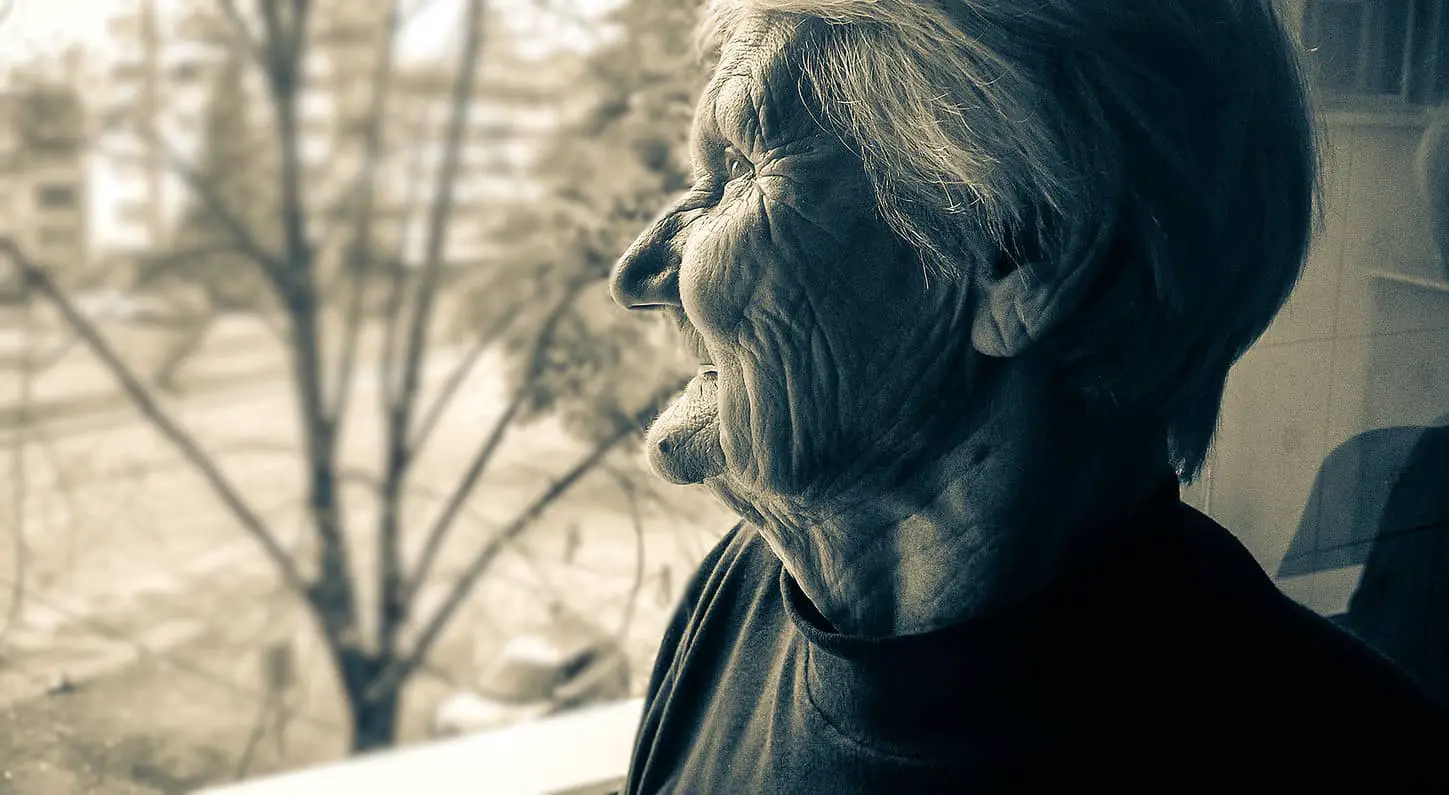Since Isle of Wight council refused to answer questions of public interest surrounding the impact of the current care crisis on the Isle of Wight, News OnTheWight has persisted in seeking answers.
After initially saying they would “not elaborate any further”, the Isle of Wight council have now provided some more helpful responses to our questions.
What and why
Our questions followed the recent incident where one of the Isle of Wight council’s three chosen care providers, wrote to vulnerable Isle of Wight residents giving them just two weeks’ notice that their care would stop. After OnTheWight started asking questions, the company changed their stance.
News OnTheWight asked:
- Have the other two IWC selected companies, been unable to deliver care services (self-funded and IWC contracted)?
- For each company:
a) When did this first occur?
b) How many days has it happened?
c) How many hours were not covered?
d) How many service users were impacted?
(Please split the above down into self-funded and IWC contracted)
Where we are now
Happily things changed this week and the Isle of Wight Council now say they while they, “endeavour to respond in full wherever possible, on occasions there may be very important reasons why we can’t go into greater detail — in this case, that is linked to preventing people being worried and for reasons of commercial sensitivity”.
IWC: Workforce challenges affected most care and support providers
A spokesperson from Isle of Wight council told News OnTheWight,
“Locally, the workforce challenges have been varied and have affected most of our care and support providers in both care home and home care sectors.
“It’s important to stress that this is a national issue, not just an Island pressure.”
1,300 hours of care ‘unallocated’ in one week
The response from the council refers to the period when we first asked the questions, back in August.
They explained that on the week starting 23rd August, of the 12,329 hours of care and support commissioned by the council each week, around 1,300 hours of care and support were ‘unallocated’ – meaning the care companies were unable to send a care worker to someone’s home to provide care or support in just over 10 per cent or a tenth of the time.
The council spokesperson explained,
“These are new care and support requirements that are required for people in their own homes where there is no capacity in our local system to deliver.”
The impact of being unable to allocate care
The impact of the care providers being unable to allocate care is widespread and the council tells us it includes:
- People are at home without the right amount of care to meet their needs having to be supported by family and friends.
- People are not able to be discharged from hospital in a timely way to their own homes.
- IWC are having to use short term residential care placements instead of supporting people to return to their own homes.
- Family and friends are providing ‘second cares’ for some care and support calls as providers are only able to send a single carer where two are required.
- IWC are having to put in place short term emergency care drawn from the council’s own resources.
Providers had no staff to send
The council explained that in August, at short notice over three days, a number of local providers were unable to deliver the full package of commissioned care and support on the Island, as the “providers had no staff to send”.
They add that the council needed to step in, providing emergency on-call workers to support one provider to ensure the basic care and support needs of a number of local residents were fulfilled to keep them safe.
A council spokesperson explained,
“A number of other providers took steps within their own organisations, in accordance with their business continuity plans and above and beyond those plans, including accessing additional agency staffing, paying significant enhancements and working with their own staff teams to ensure that people were kept safe.”
Unsustainable in the medium to long-term
There is also a knock-on effect at the hospital, as the council have been unable to support the discharge of sufficient numbers of patients to enable new patients to be admitted to the hospital.
However, the council spokesperson explained,
“Following a colossal system-wide effort, we have so far avoided a major incident being declared, but the level of resource we are needing to pull in to manage this situation is not sustainable in the medium to long-term.”
Care Homes: Unable to take new admissions
It’s not just the providers of care in a resident’s home that have been affected by the workforce crisis.
The council told News OnTheWight that around 12.5 per cent of Island care homes are currently completely closed to new admissions, with several others closing beds as they are unable to recruit sufficient staff to care safely for residents.
The spokesperson said,
“Fragility in workforce is resulting in providers struggling to manage existing demand across care and support needs which is resulting in them no longer being prepared or able to take on new care and support requirements.
“Good and strong partnerships with local providers and our health colleagues are enabling us to stay ‘just ahead’ of the situation and to ensure that people remain safe but the situation is exceptionally challenging.”
Will volunteers be called forward?
In August the Isle of Wight council carried out a “resilience planning exercise”, asking volunteers whether they would be willing to offer their support at care homes.
This followed the Cabinet member for Adult Social Care, Cllr Karl Love, urging former carers to return to the profession, saying, “our Island people need you all now”. He added,
“We are running out of care staff and facing a real emergency.”
Image: mlazarevski under CC BY 2.0





